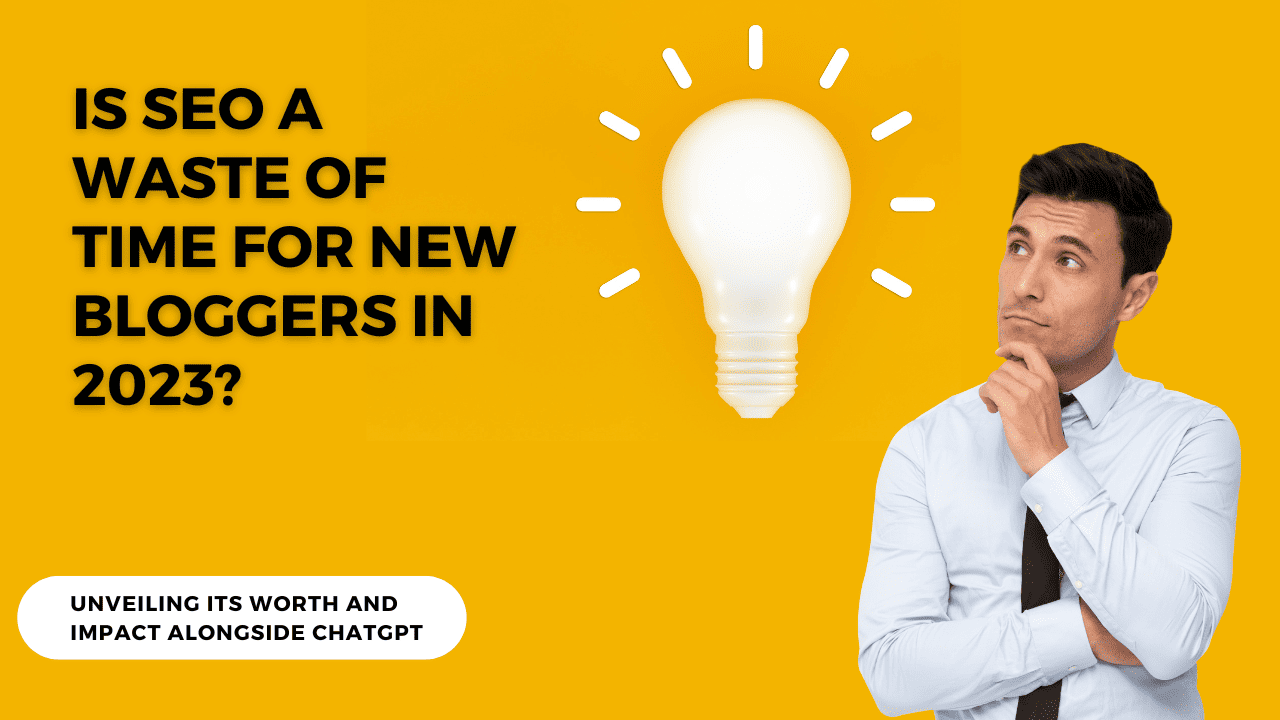Search engine optimization (SEO) is crucial to a successful online presence. However, for new bloggers just starting on their journey, questions may arise about the value and impact of investing time and resources into SEO. Is it worth the effort? Will it yield tangible results? In this blog post, we will delve into these questions and explore the role of SEO in today’s digital world alongside the assistance of ChatGPT.
It’s important to acknowledge that SEO is a long-term game, and one should never expect immediate results. Instead, SEO strategies require consistent effort and patience to bear fruit. While it’s true that the process can be time-consuming, dismissing SEO as a waste of time would be overlooking its immense potential.
One of the critical aspects of SEO is on-page optimization, which involves optimizing various elements on your website to enhance its visibility to search engines and users. Contrary to popular belief, on-page SEO is not a one-time task but an ongoing process that should always continue. Regularly updating and optimizing your site’s keywords, page structure, and content ensures that your website remains relevant and appealing to search engines and visitors.
Some argue that the money spent on SEO could be much better, especially for new bloggers with limited resources. However, great SEO takes time, and its results can be invaluable for your business. Investing in effective SEO practices can improve your website’s rankings, increase organic traffic, and attract potential customers to your blog or company website.
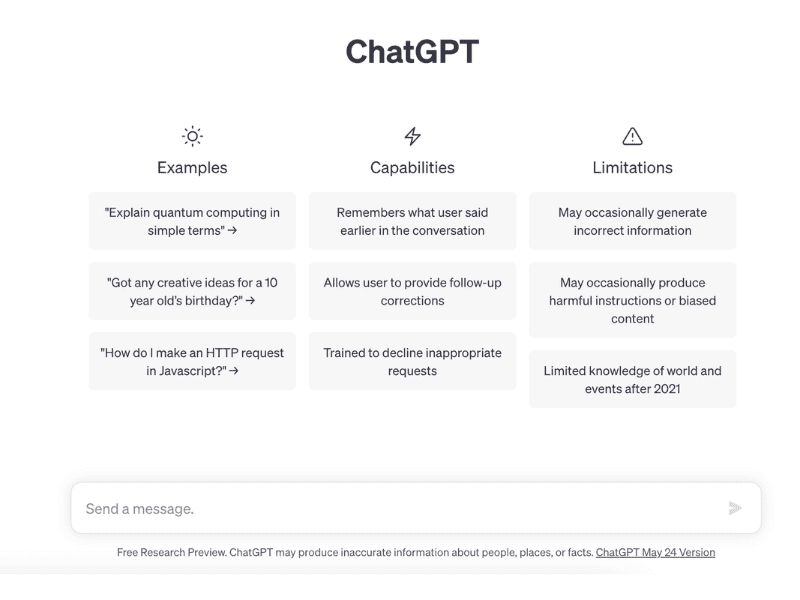
It’s crucial to understand that SEO goes beyond simply optimizing your website. It extends to off-page factors, such as building quality backlinks and engaging with your audience through social media and content marketing. These efforts contribute to your site’s overall authority and relevance in the eyes of search engines like Google.
While it’s true that bad SEO practices can have negative consequences, painting all SEO efforts as a waste of time would be an oversimplification. When done right, SEO can open doors to a world of digital opportunities, enabling your blog or business to reach new heights. 🚀
So, is SEO a waste of time for new bloggers in 2023? The answer is a resounding NO! SEO remains an indispensable part of any successful online venture. Adopting effective SEO strategies and staying up-to-date with the latest industry trends allows you to position your blog or website for long-term success, drive organic traffic, and connect with a broader audience.
Read More About: How much does it cost to hire someone for SEO?
In this blog post, we’ll explore the worth and impact of SEO for new bloggers and enlist the assistance of ChatGPT to provide insights, tips, and recommendations to help you navigate the complex world of search engine optimization. Together, let’s unravel the actual value of SEO and discover how it can propel your online presence forward.
Essential On-Page SEO Strategies: Maximizing Website Performance and Saving Time
Effective SEO strategies are vital for the success of any website. While off-page techniques like link building and social media marketing play a crucial role, on-page SEO is equally essential in optimizing your website for search engines and improving its visibility. By strategically incorporating relevant keywords, streamlining website elements, and optimizing content, you can save time and ensure your website achieves higher rankings in search engine results pages (SERPs). Let’s explore some essential on-page SEO strategies that enhance your website’s performance and maximize your valuable time.
Determining the size of a topic
Whether it’s too narrow or overly broad—can save time and prevent wasteful efforts in SEO. Recognizing if the topic is too small or too large enables easy initiation of content creation at a moderate scale, optimizing it for search engine optimization (SEO) purposes.
The Challenge of the Topic
Certain niches present greater difficulties due to high competition or the challenge of establishing authority within the industry. Google places a significant emphasis on topics related to finance or health (referred to as Your Money or Your Life – YMYL) because the information sought in these areas directly affects people’s financial and health situations. Google’s priority is to provide accurate information, and they achieve this by assessing the authority of the website and its content creators.
Building up authority is a time-consuming process that often requires credentials and professional experience. If your topic is not extremely obscure and does not fall into the YMYL category, then you’re in good shape. However, if your topic is YMYL or closely related to it, it’s important to recognize that achieving success will take longer and demand significantly more effort.
Validation and Search Analysis: Finding the Right Topics to Write About
One of the crucial steps in creating engaging and relevant content is validation and search analysis, also known as keyword research. This process involves searching for specific topics to write about by identifying actual search queries that people are entering into Google’s search bar. By addressing these queries, we can ensure our content meets the needs of our target audience. Fortunately, there are various free tools available to assist in this research, including Google itself.
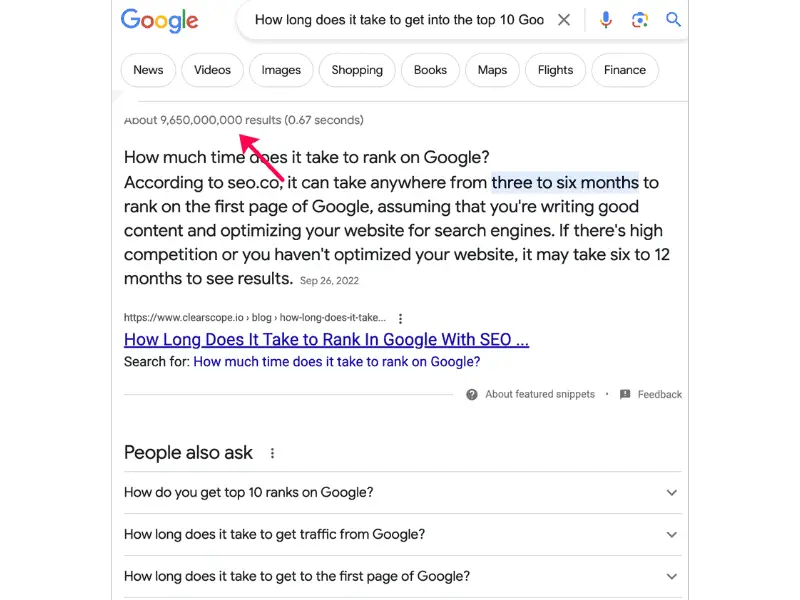
In this screenshot, I performed a Google search using the query “How long does it take to get into the top 10 Google positions?” The search generated approximately 9,650,000,000 results.
To begin, head over to Google and start typing a partial search related to your topic. Observe how Google’s auto-suggest feature generates a list of potential topics. However, hitting Enter might not provide the precise information you’re seeking. Instead, direct your attention to the “People also ask” section. This section is where you’ll often find the most valuable search queries. By clicking on one of these queries, you can uncover even more suggestions, allowing you to delve deeper into relevant topics. Feel free to explore this rabbit hole as extensively as needed.
Read More About The Importance of SEO: Does SEO Matter? | What Is SEO and Search Engine Optimization
By following this process, you’ll compile a comprehensive list of search queries with a reasonable search volume. Google’s inclusion of these queries in its suggestions indicates their relevance and popularity. While the queries at the bottom of the page may not be as immediately helpful, it’s essential not to disregard them entirely. Sometimes, you may stumble upon relevant searches in this section as well.
This approach is just one of the many ways we can discover excellent topics to write about. Remember to utilize question words such as “who, when, where, what, how,” and enter both partial and full questions related to your topic. By observing what Google suggests in response, you’ll gather a valuable list to kickstart your content development and topic selection process.
Keyword Research: The Foundation of Effective SEO
Keywords serve as the building blocks of on-page SEO. Conducting comprehensive keyword research helps identify the terms and phrases your target audience uses when searching for relevant information on your website. By selecting the right keywords, you can align your content with user intent and increase your chances of achieving higher rankings in SERPs. Use keyword research tools such as Google Keyword Planner, SEMrush, or Ahrefs to discover high-ranking and relevant keywords that drive targeted traffic to your website.
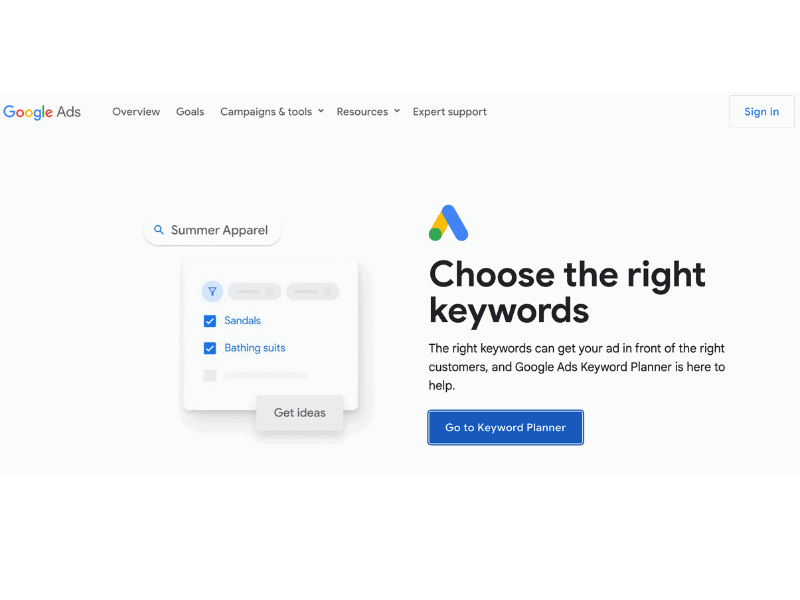
Optimizing Meta Tags: Leveraging Titles and Descriptions
Meta tags, including titles and meta descriptions, are crucial on-page SEO elements. Titles appear as clickable headlines in SERPs, while meta descriptions concisely summarize your webpage’s content. Optimize these tags by incorporating relevant keywords and crafting compelling, click-worthy copy to significantly impact your website’s click-through rates (CTRs) and enhance its visibility in search results. In addition, ensure your meta tags accurately reflect the content on the respective web pages while enticing users to click through to your website.
Content Optimization: Strategic Keyword Placement and Quality
Creating high-quality, relevant, and informative content forms the foundation of effective on-page SEO. Naturally, incorporate your target keywords to signal their relevance to search engines. However, avoid excessive keyword usage or forced placement, as it can lead to keyword cannibalization and negatively impact your website’s ranking. Aim for a keyword density of around 1-2% to maintain a healthy balance. Additionally, ensure your content is well-structured, easily readable, and optimized for desktop and mobile devices. Engaging content improves user experience and encourages longer on-page time, signaling its value to search engines.
By implementing these on-page SEO strategies, you can save time while optimizing your website’s performance. Remember, SEO is a long-term game; you should not expect immediate results. On-page SEO is an ongoing process that you should always pay attention to. Dismissing the importance of SEO as a waste of time and money would be a misconception. Great SEO takes time and effort, but the returns are worth it. Regularly analyze your website’s performance using tools like Google Analytics and search console data to identify areas for improvement. With a well-optimized website, strategic keyword placement, and informative content, you can increase your online visibility, attract organic traffic, and ultimately achieve your digital marketing goals.
Is Investing Time and Money in SEO Worth It
Businesses face the question of whether investing time and money in SEO is worth the effort. Some may argue that SEO wastes time and money, expecting immediate results. However, it’s essential to understand that SEO is a long-term game that requires patience and consistent effort.
One aspect of SEO that holds great significance is the use of keywords. Keywords are the terms people enter when searching for information or products online. Incorporating relevant keywords into your website can increase its visibility on search engine result pages (SERPs) and attract organic traffic. While thorough keyword research takes time, it forms a solid foundation for effective SEO strategies.
On-page optimization, another crucial part of SEO, is an ongoing process that you should always pay attention to. It involves optimizing various elements on your website, such as meta tags, headings, URLs, and content, to enhance its relevance and credibility in the eyes of search engines. Implementing these on-page SEO techniques may require time and effort, but the long-term benefits they bring to your website’s visibility and user experience make them worthwhile.
It’s important to note that SEO is not a one-time endeavor. Search engines update their algorithms frequently, and new competitors emerge regularly. Therefore, you must continually adapt and refine your SEO strategies to stay ahead. This may involve monitoring keyword rankings, analyzing website traffic, and making data-driven decisions to optimize your website further. In addition, stay current with the latest SEO trends to ensure your website remains competitive and drives valuable organic traffic.
✅ SEO is a good use of time and money. While it takes time to see significant results, dedicating efforts to keyword research, on-page optimization, and continuous adaptation is crucial for your website’s success. SEO is a long-term investment that improves visibility, attracts targeted traffic, and helps you achieve your online goals. If you’re committed to the growth and success of your website, investing in SEO is undoubtedly worthwhile.
Is it Time for Your Business to Pause its SEO Efforts
Many business owners need clarification on whether it’s worth taking a break from implementing SEO strategies. For example, should you halt your website optimization, keyword research, and on-page SEO tactics? Let’s delve into this subject and assess whether pausing SEO could be a viable choice for your business.
As a business owner, your primary objective is to maximize your website’s visibility and attract targeted traffic. SEO is pivotal in achieving these goals by enhancing search engine rankings and driving organic traffic. Nevertheless, it’s worth pondering whether there are situations where a temporary pause from SEO might prove advantageous.
One crucial factor to consider is the time investment required for effective SEO. Implementing comprehensive SEO strategies demands substantial time and effort. It entails regularly updating your website with fresh content, conducting keyword research, optimizing on-page elements, and building high-quality backlinks, necessitating a significant commitment. However, if your business faces resource constraints or has pressing priorities in other areas, temporarily pausing SEO could free up time and resources to focus on these urgent matters.
Moreover, it’s essential to evaluate the effectiveness of your current SEO strategies. Sometimes, businesses find themselves in a rut despite their dedicated SEO efforts. For example, suppose you’ve been diligently optimizing your website and targeting relevant keywords but have yet to see significant rankings or traffic improvements. In that case, taking a step back and reevaluating your approach might be worthwhile. A break from SEO can allow you to reassess your existing strategies, conduct in-depth keyword research, and explore alternative tactics that could yield better results.
However, it’s important to note that abandoning SEO altogether is rarely advisable. While pausing your efforts temporarily might be beneficial in certain situations, it’s crucial to maintain a baseline level of optimization. This includes ensuring that your website is technically sound, regularly monitoring its performance, and addressing any critical issues that may arise during the break. Doing so can prevent a significant drop in search engine rankings and maintain a solid foundation for future SEO activities.
✅ The decision to pause SEO is a nuanced one. Evaluating the time investment required, the effectiveness of your current SEO strategies, and the overall priorities of your business can help you determine whether a temporary pause is warranted. Remember, maintaining a baseline optimization level is essential, even during a break, to preserve your website’s performance. By carefully assessing these factors, you can decide the best path for your business’s SEO journey.
Unlocking the Power of SEO: A Timeless Investment for Digital Success
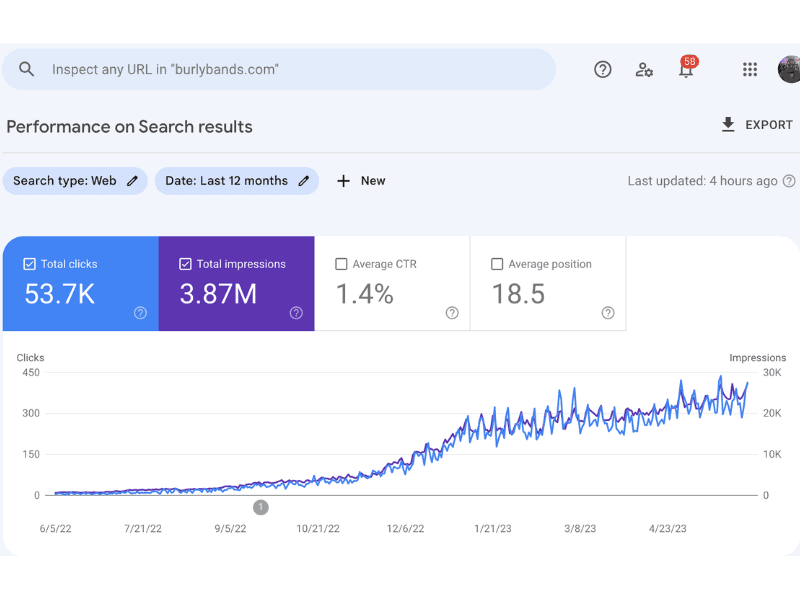
Ultimately, SEO is not a waste of time or money, but rather a crucial investment for any website or business aiming to succeed in the digital realm. It’s important to understand that SEO is a long-term game, and immediate results should not be expected. On-page optimization is an ongoing process that requires continuous monitoring and adjustments to stay relevant in the ever-evolving landscape of search engine algorithms. By implementing effective SEO practices and staying away from black hat strategies, you can build a solid foundation for your website, improve your search rankings, and attract more relevant traffic. With the help of ChatGPT and its capabilities in assisting with SEO tasks, you can work more efficiently and take your optimization efforts to the next level. So don’t waste any more time; invest in SEO and reap the rewards of increased visibility, organic traffic, and, ultimately, business success.

